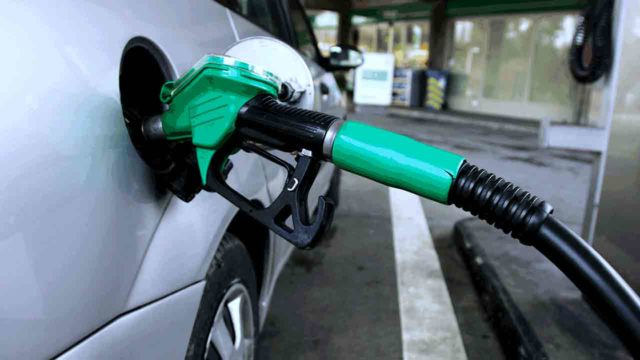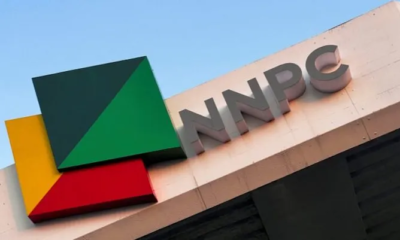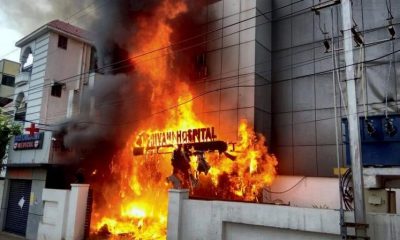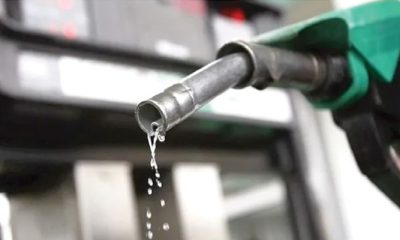Business
10,000 Fuel Dealers On The Brink Of Shutting Down – Report

Oil marketers in Nigeria are grappling with a severe crisis as skyrocketing fuel prices lead to a sharp decline in demand with unfavourable consequences for dealers.
The drastic drop in consumption—plummeting from 60 million litres per day in May 2023 to just 45 million litres per day in August 2024—has put around 10,000 dealers on the brink of shutting down adding to the complexities associated with fuel scarcity in Nigeria. The development emerged from data from the Nigerian Midstream and Downstream Petroleum Regulatory Authority (NMDPRA).
The crisis is largely attributed to the removal of the fuel subsidy by President Bola Tinubu in May 2023, which triggered a 488 percent surge in petrol prices, rising from N175 per litre to over N1,000 by October 2024. As a result, transport costs have soared, inflation has worsened, and many Nigerians have abandoned private vehicles in favor of public transport.
Exacerbating the situation, only 16 out of Nigeria’s 36 states received fuel from the Nigerian National Petroleum Company Limited (NNPCL) in August, leading to shortages and further strain on the economy.
Dr. Joseph Obele, National Public Relations Officer of the Petroleum Products Retail Outlets Owners Association of Nigeria (PETROAN), confirmed the alarming decline in fuel consumption has inflicted heavy financial losses on their members, with approximately 10,000 retail outlets at risk of closure.
“In the last 16 months, the cost of a truckload of petrol has skyrocketed from N7 million to N47 million,” Obele said in an interview with Sunday PUNCH. “Just three days ago, during our national meeting at PETROAN, we estimated that nearly 10,000 members might shut down within 45 days due to dwindling trading capital.”
To prevent this looming collapse, PETROAN has written to President Tinubu, seeking a N100 billion grant to support struggling dealers. The association warned that failure to intervene could threaten the livelihoods of nearly one million employees across the retail outlets.
Abubakar Maigandi, President of the Independent Petroleum Marketers Association of Nigeria (IPMAN), shared similar concerns. He noted that many marketers have been forced to reduce their purchases due to the soaring costs of truckloads. “Some of our members who previously purchased 10 truckloads are now limited to just eight,” Maigandi explained, underscoring the supply challenges.
The Nigeria Union of Petroleum and Natural Gas Workers (NUPENG) also raised alarms over the crisis, pointing to widespread job losses among truck drivers and fuel station workers. NUPENG Secretary-General, Mr. Afolabi Olawale, described the downstream sector—comprising truck drivers, station employees, and depot workers—as the hardest hit.
“Many petrol stations can’t afford even a single truckload of fuel, leading to closures and job cuts,” Olawale said, acknowledging the impact across various sectors. While specific figures on job losses are yet to be compiled, he described the situation as “evolving.”
Despite the challenges, Obele pointed out a positive outcome of the soaring prices: a significant reduction in cross-border fuel smuggling, which has long plagued Nigeria’s fuel distribution network.
The oil marketers’ association and industry stakeholders are now urging the federal government to take swift action to alleviate the financial strain and ensure the stability of the nation’s fuel supply as the scarcity impacts negatively on the dealers. Without intervention, experts warn that Nigeria’s oil sector could face unprecedented disruptions in the months ahead.
Send Us A Press Statement Advertise With Us Contact Us
And For More Nigerian News Visit GWG.NG














